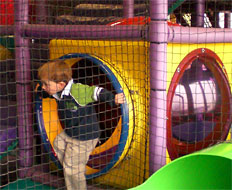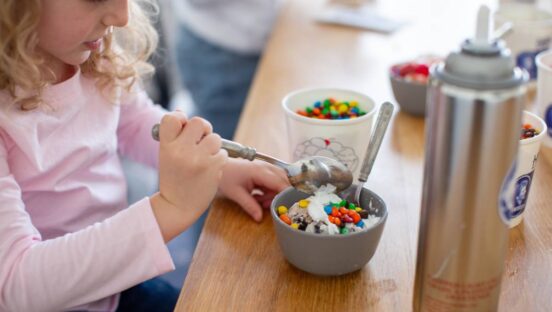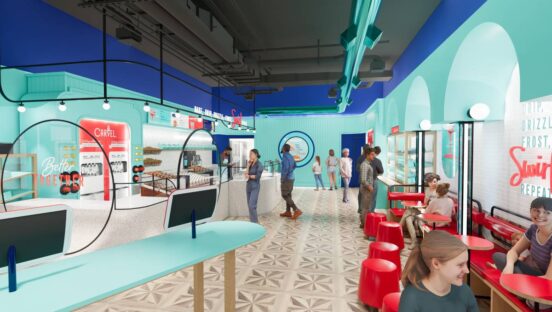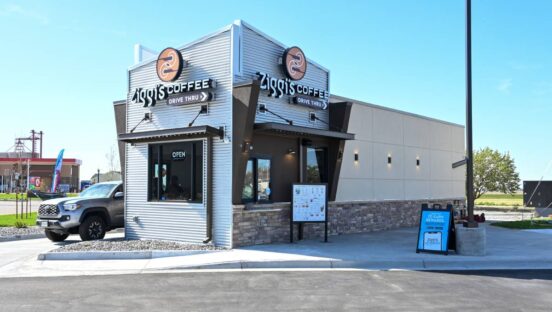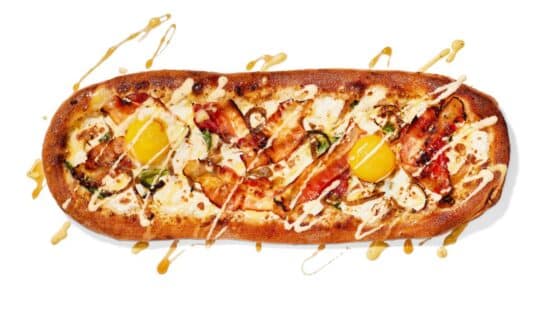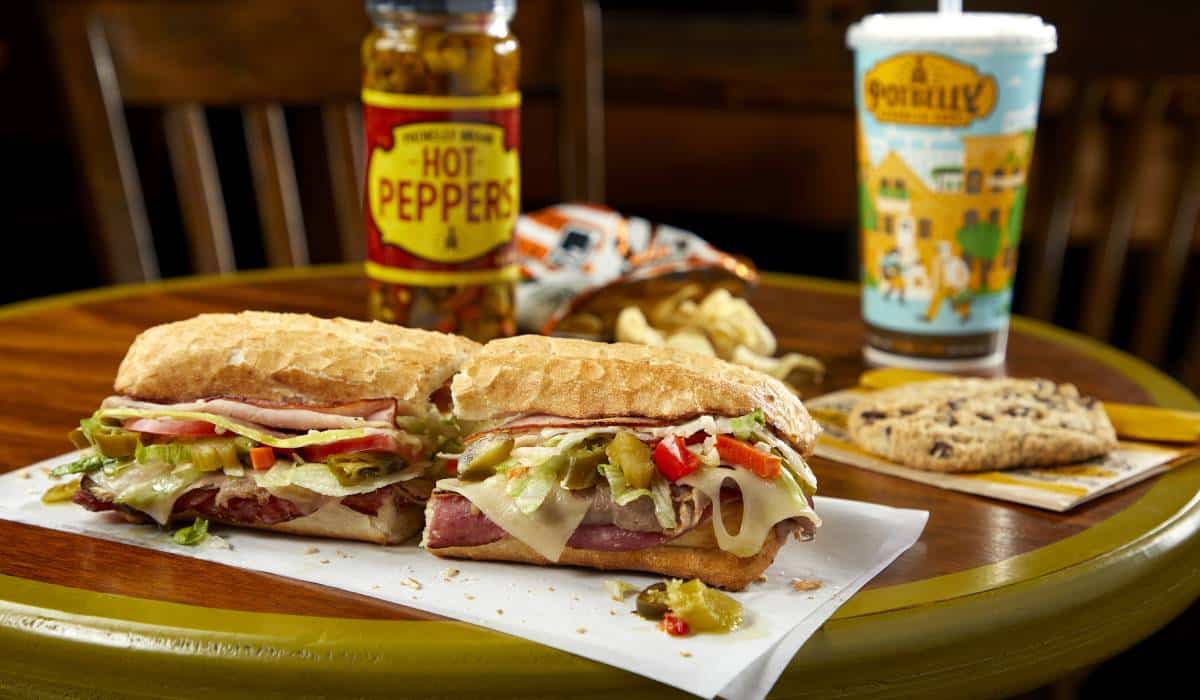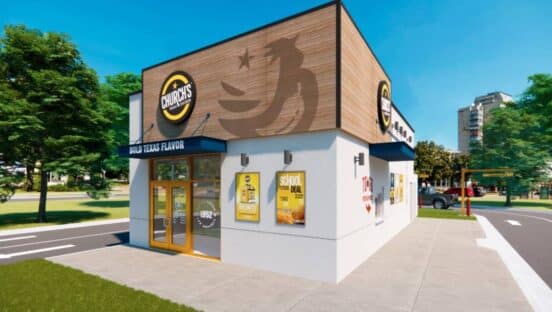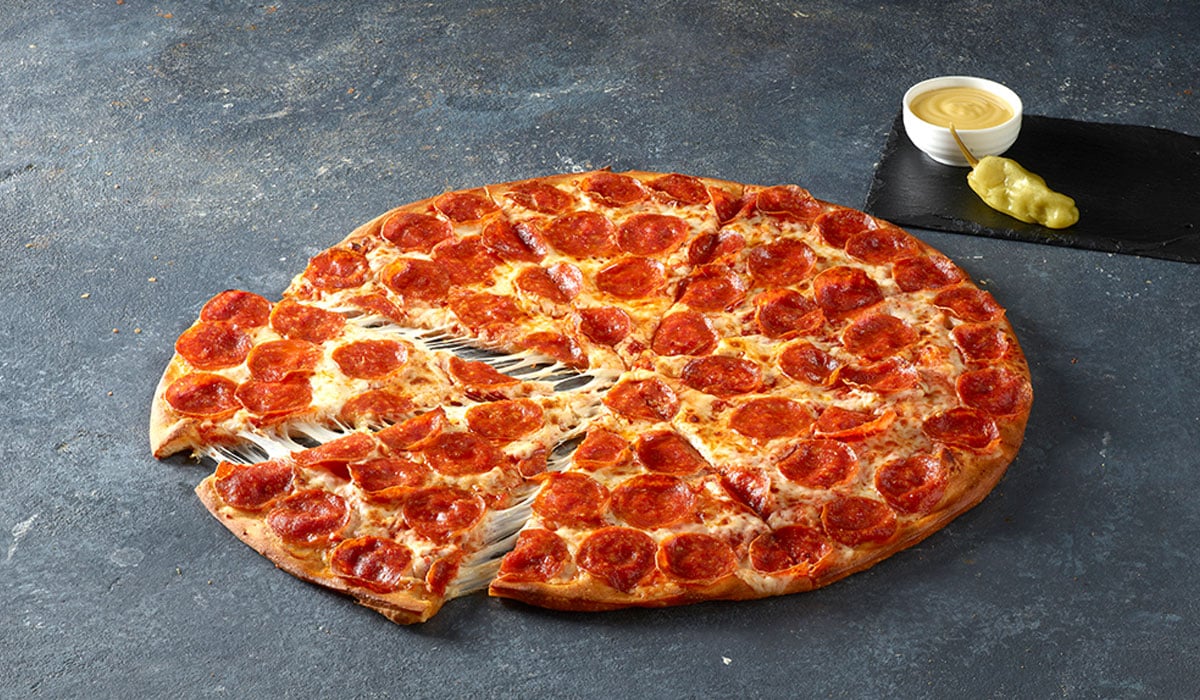On a daily basis, Don Elam, a Chick-fil-A owner-operator in Chandler, Arizona, does something unusual: He makes sure the playground outside his restaurant is spic and span.
“Every night we have a person that has a sanitize rag crawl through and wipe down everything,” Elam says. “Everything.”
Elam, who also hires a company to come out every two weeks and give the playground a full cleaning, says his devotion to his playground is “nothing out of the ordinary.” But an Arizona woman says most quick serves are not doing enough to make sure their play equipment is clean.
Dr. Erin Carr-Jordan is a child development professor at Arizona State University and a mother of four. In April, she visited a Phoenix-area quick serve with her family, and her son asked to play on the store’s play area.
“I had no idea that when I said, ‘Yes, you can go down the slide,’ that it would look the way that it did,” Carr-Jordan says.
The interior of the playground was “black” with dirt. There was “hair everywhere, food had been spilled and splattered, ketchup was crusted to the wall, children’s hair was stuck in it, and ice cream had melted and hardened.”
Carr-Jordan says she complained to the manager multiple times, and when the restaurant didn’t do anything, she took matters into her own hands.
“I wanted to know if there were any health implications,” she says.
So she swabbed the playground and had the sample analyzed at a microbiologic analytical lab in Phoenix, where scientists found more than 13 pathogens that could cause infection or disease. Results in hand, Carr-Jordan launched the Kids Play Safe campaign, a movement designed to raise awareness about the issue through YouTube videos, lobbying to legislators, and other means.
When Carr-Jordan’s findings went public, the company didn’t sit still. A company spokeswoman says they're taking the findings “very seriously.”
“We’ve spoken with Dr. Carr-Jordan and assigned a team to review the report findings and our own existing procedures,” she says.
Of course, the problem of unsanitary playgrounds is not confined to one chain. Since encountering that first playground, Carr-Jordan has had samples from more than 40 restaurant playgrounds in 13 states tested. She has swabbed playgrounds at McDonald's, Burger King, Chuck E. Cheese, Peter Piper Pizza, and various other chains.
The laboratory results have turned up strains of various dangerous pathogens, including Bacillus cereus, which can cause food-borne illness, and a multi-drug-resistant bacterium known as MRSA.
“The numbers [of bacteria] that we’re finding in multiple establishments across the country are in the tens of millions per square inch,” Carr-Jordan says.
While quick-serve operators have largely turned their attention to declining consumer spending, the pressure to make menu options healthier, and other hot-button topics, Carr-Jordan’s campaign brings light to an issue they cannot ignore.
And though the problem is serious, its solution may be simple.
“Everything about this issue is obvious,” says Mike Evans, CEO of Playtime, a Colorado company that supplies restaurants with playground equipment.
Evans says there is no secret procedure to keeping playgrounds sanitary. He recommends cleaning them twice a day with soap and water and using a checklist to make sure no dirt gets left behind. Multilevel playgrounds are more difficult to keep clean than ground-level types, Evans says, but they are still accessible to a good scrubbing.
While keeping playgrounds clean may be easy, Evans says it is “unrealistic” to expect every restaurant’s to be completely spotless.
“There are operators that get up there [and clean] daily,” he says. “There are operators that do it every couple of months.”
The best solution, Evans says, would be a national program that regulated the cleanliness of playgrounds, something Carr-Jordan has discussed with federal and state legislators.
In the meantime, Carr-Jordan says, restaurant operators should “voluntarily step up” to keep their playgrounds safe for children to play in.
For Chick-fil-A operator Elam, whose playground Carr-Jordan swabbed and gave a clean bill of health, the decision to do so is an imperative even in the absence of a government mandate.
“I think it’s priceless,” he says. “I don’t care what it costs. … It gives me piece of mind.”
playground photo: flickr/WalkingGeek

